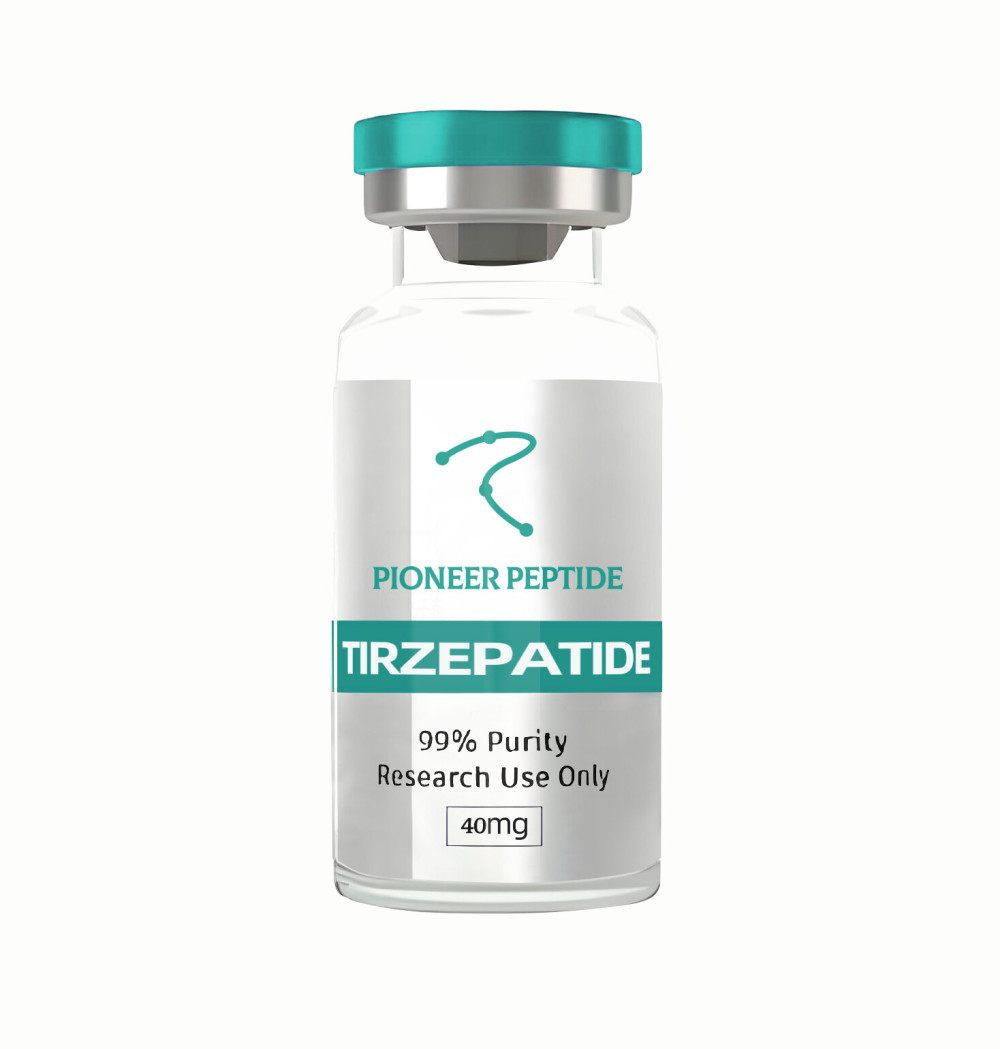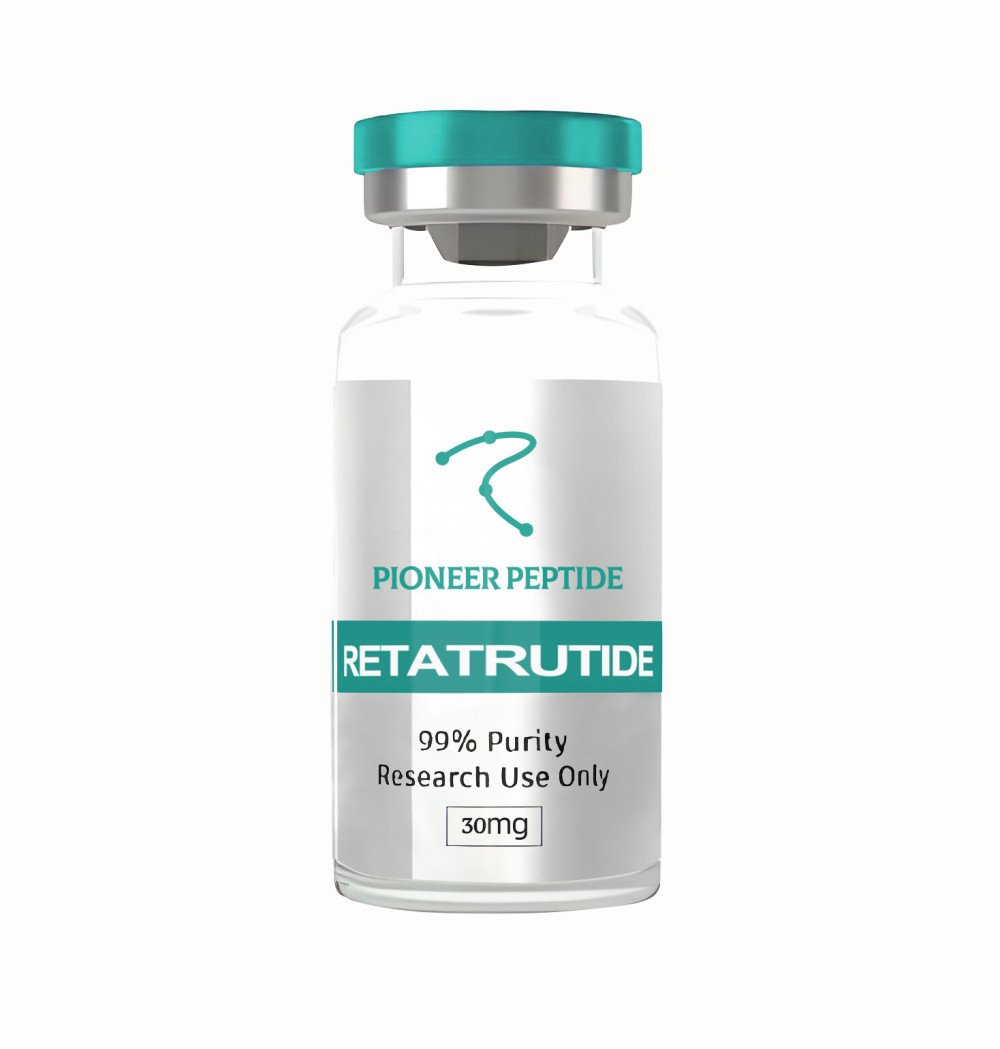news
Which Channels Are Safe to Buy Peptide Products From, and How to Avoid Scams?
If you’re ready to buy peptide products for your wellness, fitness, or skin care goals, a key question likely arises: Where can I buy peptide safely, and how do I steer clear of scams that waste money or risk my health? With peptide sales happening across online stores, local shops, and direct-to-consumer brands, choosing the right channel is as crucial as picking the right peptide type. Let’s break down the safest options and scam avoidance tips.
First, official brand websites are a reliable starting point when you want to buy peptide. Reputable peptide brands operate their own sites, where you can find detailed product info (ingredients, intended use, dosage), manufacturing standards (like GMP certifications), and customer reviews. These sites often have clear return policies too—so if a product doesn’t meet your expectations, you can get a refund. Plus, buying directly from the brand cuts out third-party middlemen, reducing the risk of counterfeit products. Just make sure the website has a secure payment system (look for “https://” in the URL and a padlock icon) to protect your personal and financial data.
Second, specialized wellness or supplement retailers (online and offline) are another safe choice. Stores that focus on high-quality supplements often vet their peptide suppliers before stocking products. For example, online retailers with a focus on fitness nutrition or natural wellness will only partner with brands that provide third-party purity tests. Offline, local health food stores may let you inspect product labels in person and ask staff questions—helpful if you’re new to buying peptides. Avoid general discount stores or unspecialized online marketplaces, though: these platforms rarely verify suppliers, making it easy to buy fake or contaminated peptides.
When evaluating any channel to buy peptide, watch for red flags that signal scams. Scam sellers often use vague language (e.g., “miracle peptide” with no specific benefits) or pressure you to buy in bulk with “limited-time” deals. They may also lack contact info (no phone number or physical address) or refuse to share third-party test results. Another warning sign is extremely low prices: if a peptide is priced far below market average, it’s likely diluted, expired, or fake.
You should also check customer feedback before purchasing. Look for verified reviews on the channel’s site or independent platforms—genuine customers will mention things like product effectiveness, shipping speed, and customer service. If a channel has mostly 1-star reviews complaining about ineffective products or unresponsive support, it’s best to avoid it.
Finally, don’t overlook post-purchase checks. When your peptide arrives, inspect the packaging: it should be sealed, labeled with a manufacture date and expiration date, and match the product description from the channel. If the packaging is damaged, the label is missing, or the product looks/tastes off, contact the seller immediately—do not use it.
In short, safe channels to buy peptide include official brand sites and specialized retailers. By checking for secure payments, vetting sellers, reading reviews, and inspecting products upon arrival, you can avoid scams and purchase peptides that are safe and effective for your needs.
Related recommendations
NEWS

Please input the company introduction of your enterprise here, please input the company introduction of your enterprise here, please input the company introduction of your enterprise here, please input the company introduction of your enterprise here.
15174555835
support@pioneerpeptide.com
No.175 Shengli Street, Jiaxing,Zhejiang


